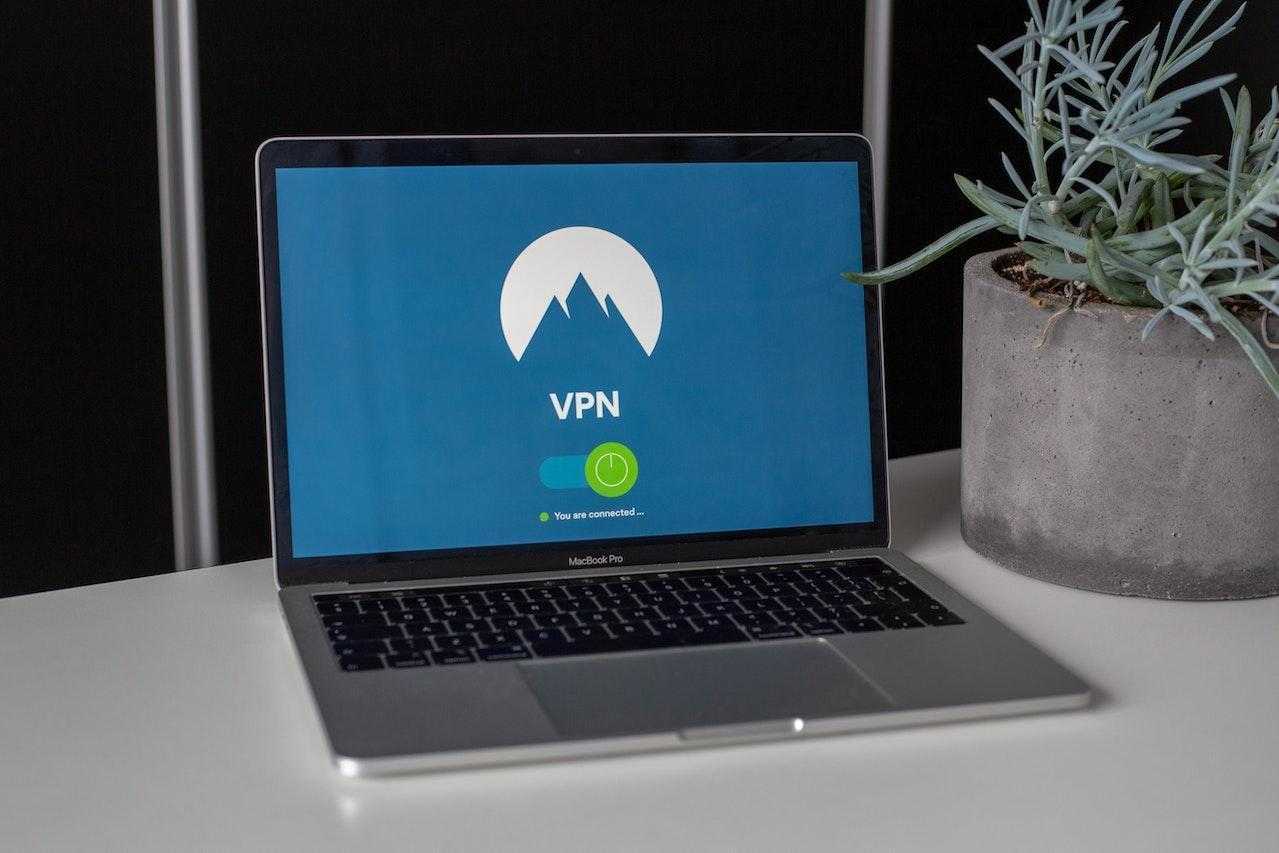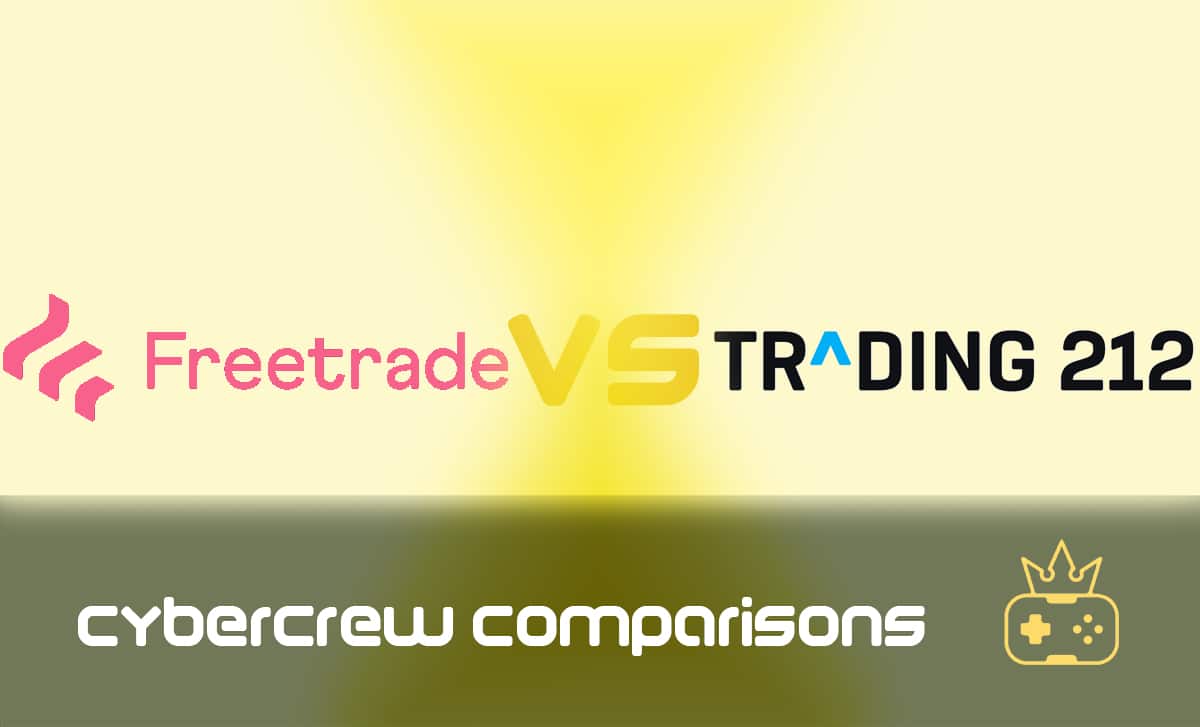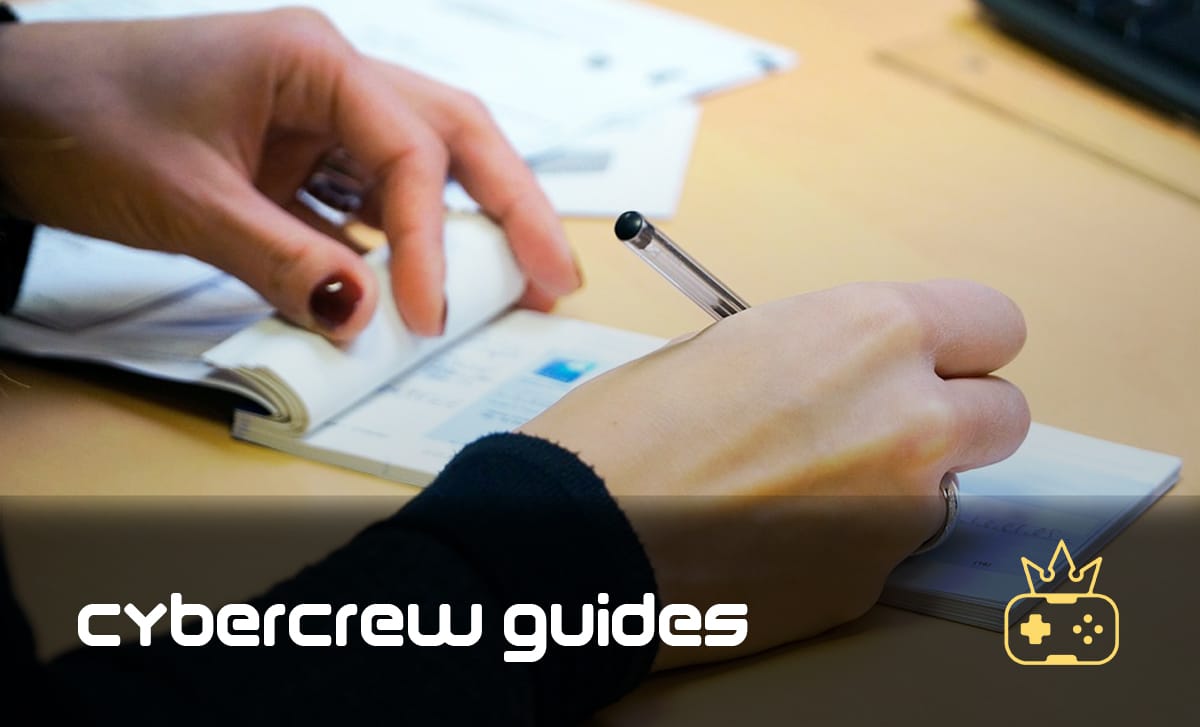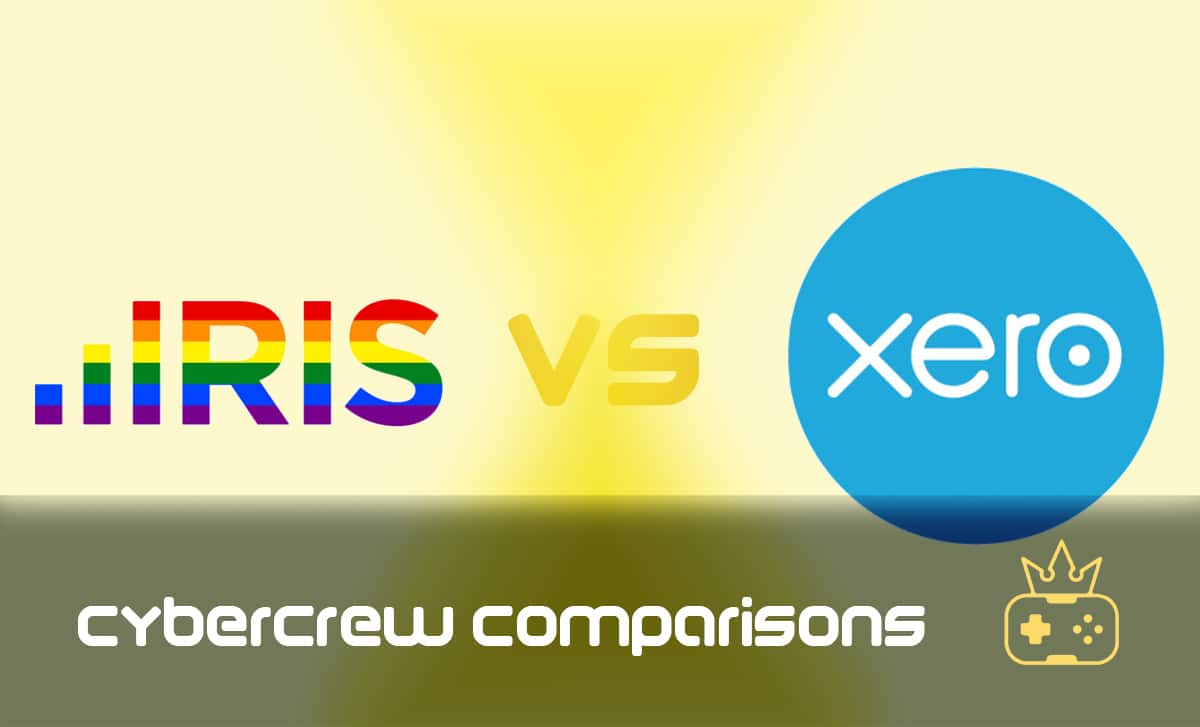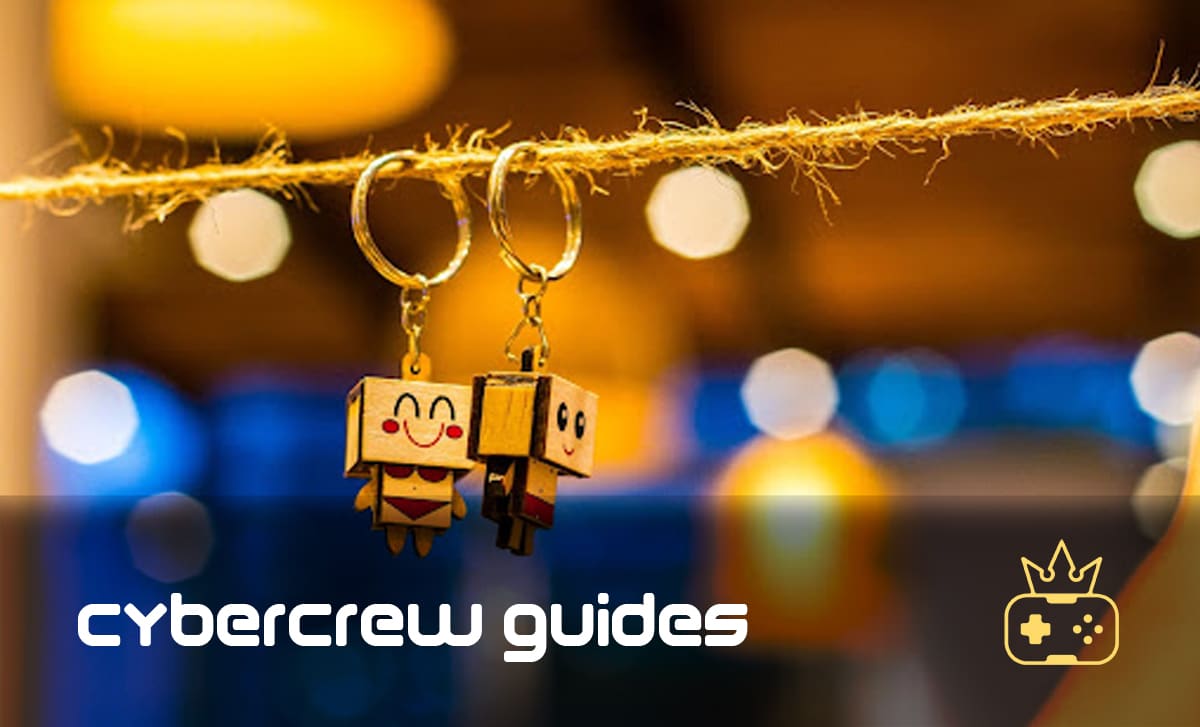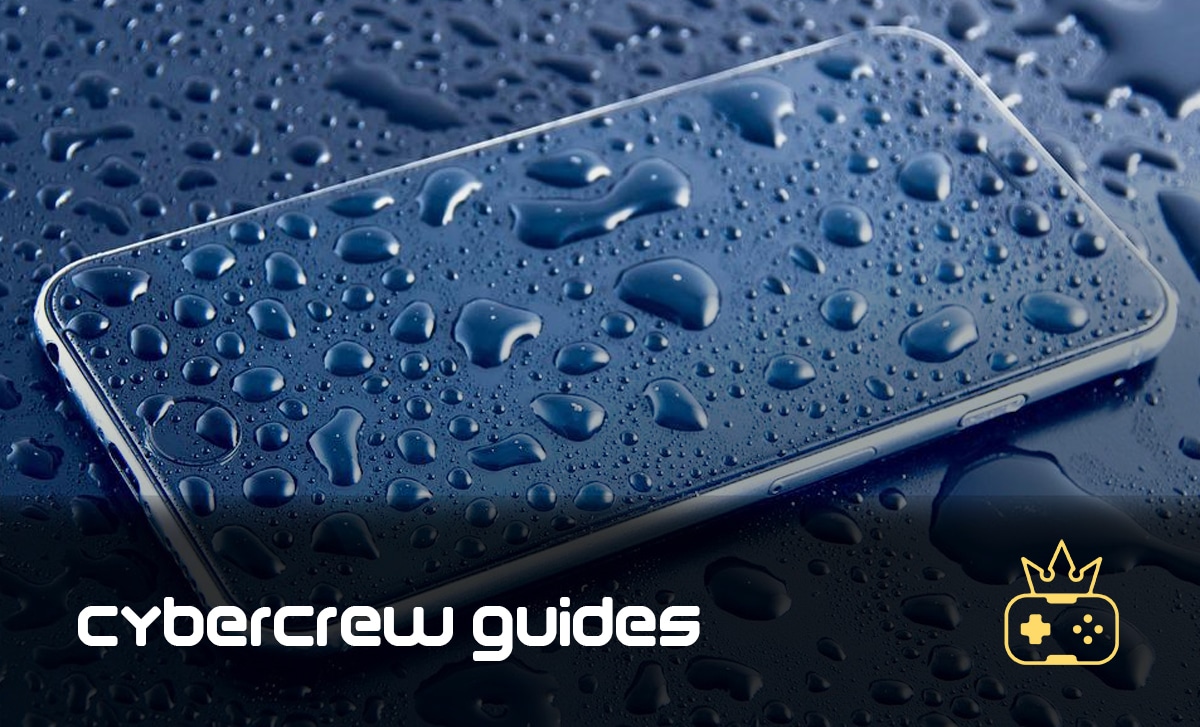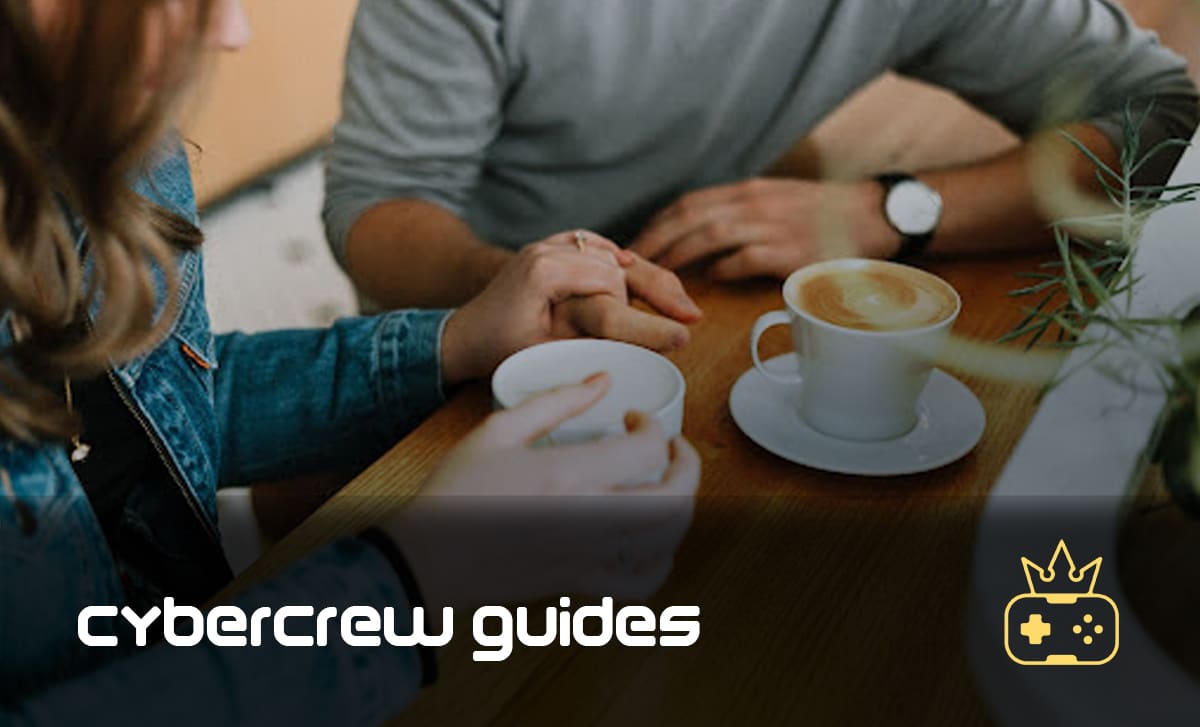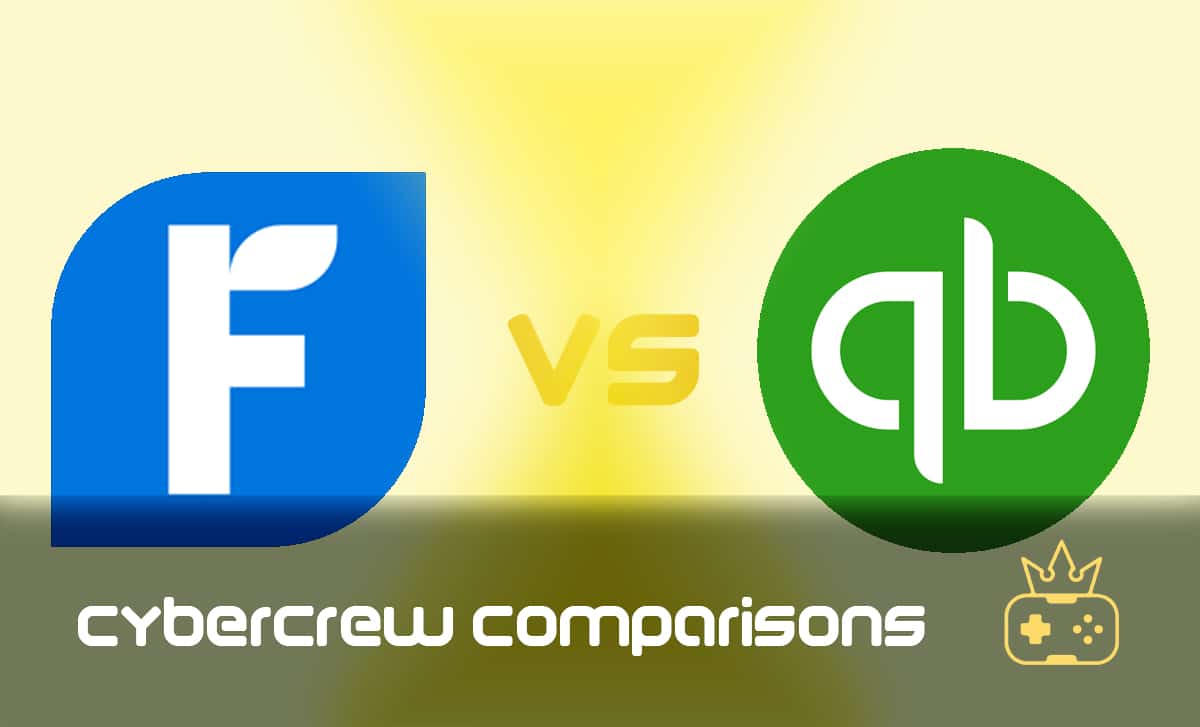Do You Need a VPN for the Dark Web? Staying Protected in 2024
Last Updated: February 9, 2024
The answer is: yes, absolutely! There’s a case to be made that you always need a VPN for everyday browsing, let alone navigating the dangerous nooks of the dark web.
After all, the dark net is a hidden digital alcove of a few thousand sites that guarantee anonymity before everything else. For that reason, criminals use the possibilities offered by the dark web to escape government oversight and conduct their illegal activities.
If that doesn’t convince you, we list all valid reasons why you should immediately obtain and use a premium VPN service if and when you access the dark net.
Is Tor a Super VPN by Itself?
While both Tor and a VPN achieve some of the same goals, they are, in fact, two different technologies with different architectures, use cases, and levels of security.
In actuality, Tor (The Onion Router) is a network of volunteer-operated servers that allows users to browse the internet anonymously by routing their traffic through several encrypted relays, thus making it difficult for anyone to trace their activities back to them.
Virtual private networks follow similar principles to achieve their goal but use a different technology—they create secure and encrypted tunnels between the user’s device and the remote server, redirecting their request to the final destination.
Tor is commonly used to access the dark web, evade censorship, or maintain privacy, and when coupled with a VPN, its effectiveness massively increases.
Why Do You Need a VPN for the Dark Web?
Choosing to use Tor over a VPN network is crucial as it gives you an extra impenetrable layer of privacy and security you need in certain situations, as explored below.
1. Get an Extra Layer of Security
While the Tor network has been designed to stop others from tracking your activities as it redirects your data through a relay server network, there are still several potential points of failure where either your IP and/or your destination can be looked at. At the end of the day, the accountability and transparency of the volunteers are not guaranteed.
By rerouting your Tor connection over a VPN first, you at least hide one of those nodes—the entry node in this case. Moreover, your ISP won’t know you are accessing .onion sites, i.e., web destinations found on the Tor network.
You could also run Tor first and then connect to your VPN to hide your destination, but this scenario is less desirable since the cons outweigh the pros. As a matter of fact, you cannot access the dark web via this method.
2. Protect Your Privacy at All Times
Since the dark web is known for hosting websites and services that may involve sensitive or illegal activities, the risk of being the target of bad actors increases significantly. However, using a VPN before accessing Tor will hide your IP address and identity.
Doing so will help you protect your location from being targeted by anything from pesky ads to malicious malware meant to steal, corrupt, and/or delete your data.
That said, while on the Tor network, you are not impervious to phishing attacks and may be tricked into revealing your personal information, such as identity or banking data. For that reason, exercise extreme caution while navigating sites on the dark web.
3. Boost Your Browsing Speed
Some ISPs tend to throttle your speeds when they notice you are accessing the Tor network and other suspicious websites or when you conduct certain activities online.
However, if you connect to a VPN beforehand, your ISP won’t know that you are connecting to Tor and will not reduce your bandwidth. However, your ISP will still see that you are connecting to a VPN, which shouldn’t be a problem with a premium VPN provider.
With a VPN connection, you may also avoid any data cap rules implemented by the ISP since they may be unable to measure the amount of data you’ve used up.
Note: One downside in using Tor over a VPN is that some sites might block your traffic once they see your connection is coming from the Tor network.
4. Avoid Regional Tor Bans
Some authoritarian countries impose laws that prevent anonymous browsing, thus making Tor illegal to use. For instance, if you are caught using Tor in China, Russia, or some Middle Eastern countries, you may be persecuted by the law.
To hide your dark web activities in such places, you have to encrypt them by connecting to a VPN service first. That may prove to be another problem, though, since these countries may also crack down on VPN usage, but it’s far better having authorities look at a scrambled data stream than them taking a close look at everything you do online.
Naturally, white hat hackers, activists, journalists, and others of a similar ilk looking to do some good in such regions must use Tor to communicate. Hiding the fact that they are on the Tor network by using a VPN service beforehand is essential to them.
5. Secure Your Organizational Network
The most common entry points for attacks targeting company networks are individual users’ devices that were granted access to them. Also known as endpoints, these desktops, laptops, and mobile devices are especially vulnerable to attacks, and because they can access an enterprise’s secure and sensitive data, they must be protected at all times.
By having them use a VPN service at all times, especially when connected via public networks, these endpoints cannot be targeted by malicious actors looking to gain access to the company’s servers. The importance of such security has only increased during the global pandemic as most workers are accessing work resources remotely.
Bottom Line
In summary, while not mandatory, using a VPN for accessing the dark web in 2023 offers valuable advantages. After all, Tor is run by volunteers, and there’s always some risk they prove untrustworthy and take a peek at your data as it travels the Tor network. However, if you reroute your traffic through a reliable VPN first, Tor will not know your IP address. Moreover, your ISP won’t know you are using Tor to browse the Internet.

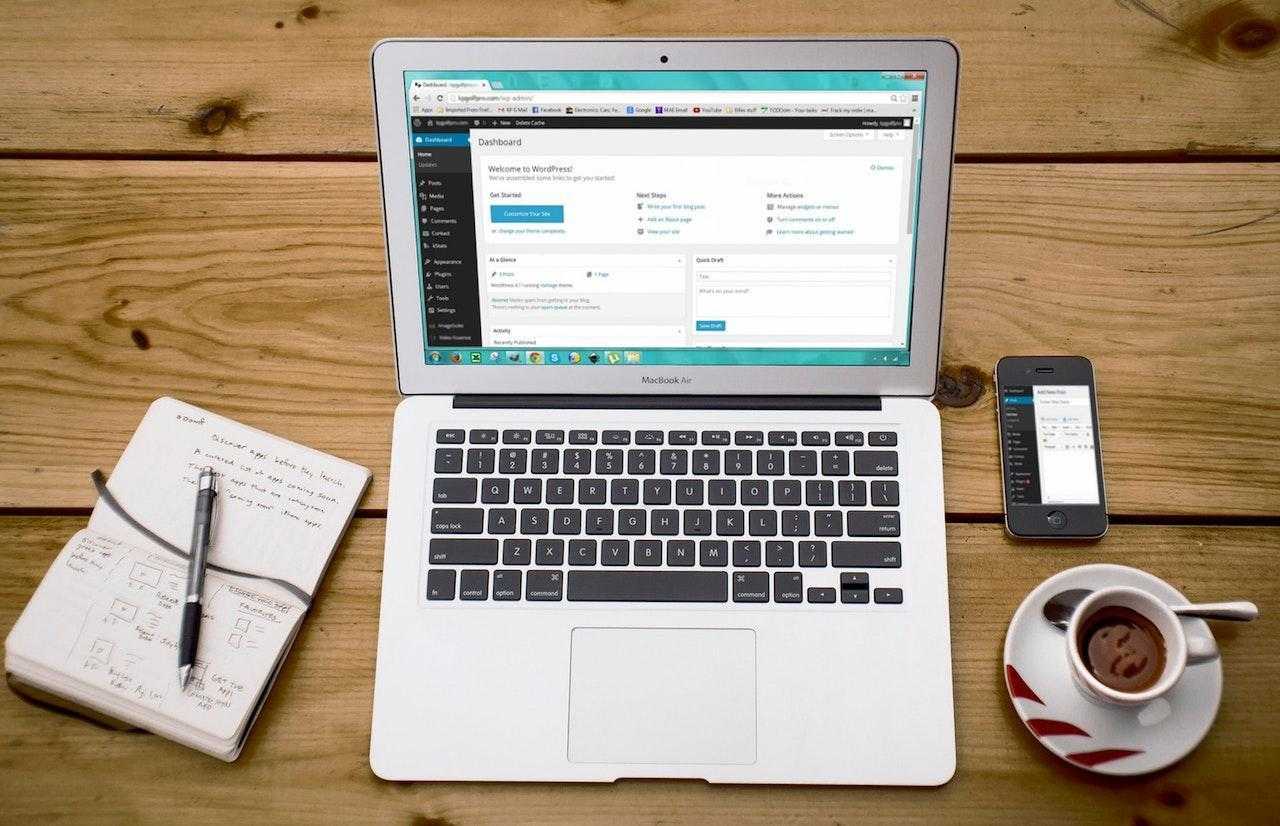
![How to Sell on Depop in the UK [2024 Guide]](https://cybercrew.uk/wp-content/uploads/2023/06/Selling-on-Depop-UK.png)
